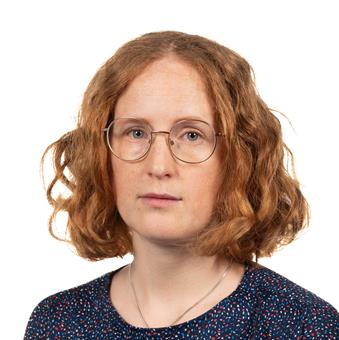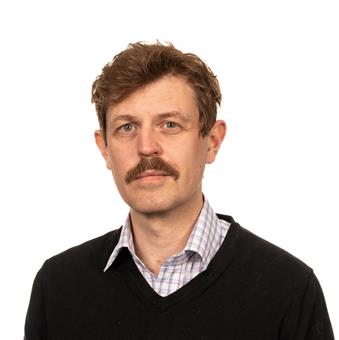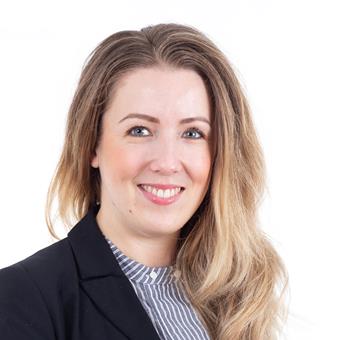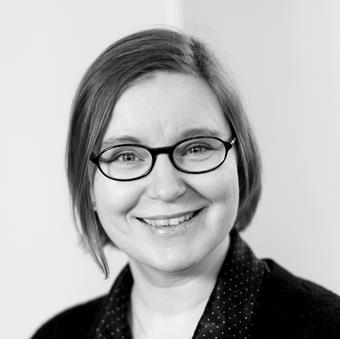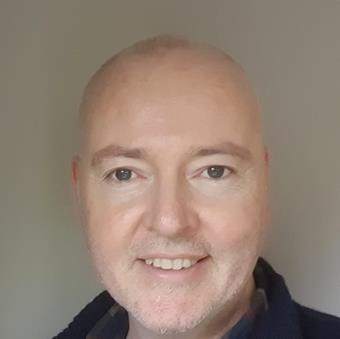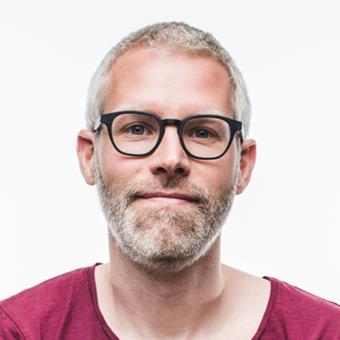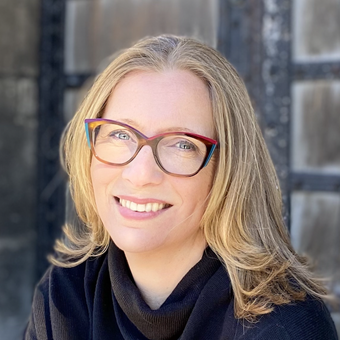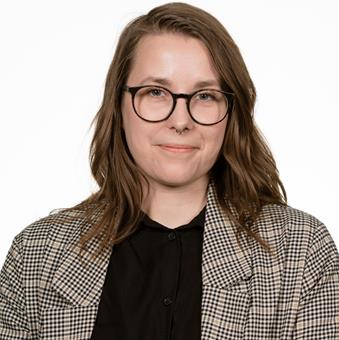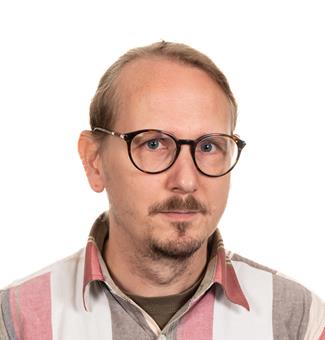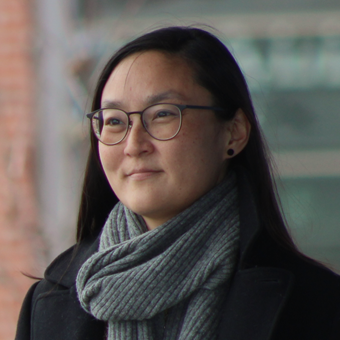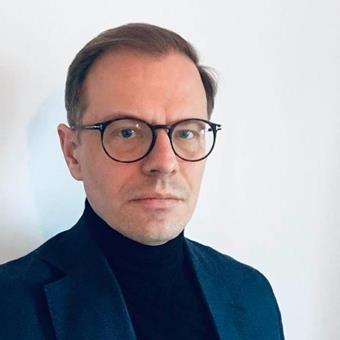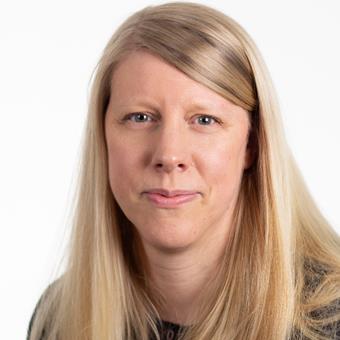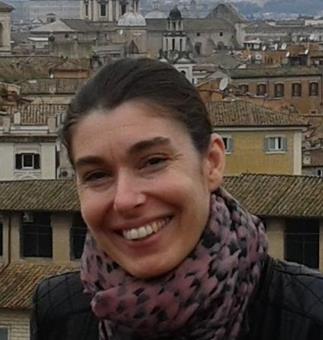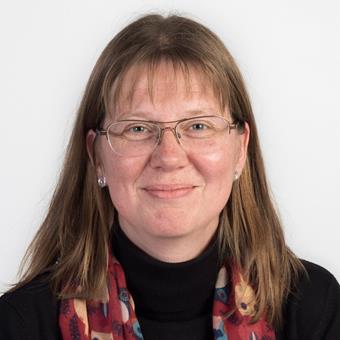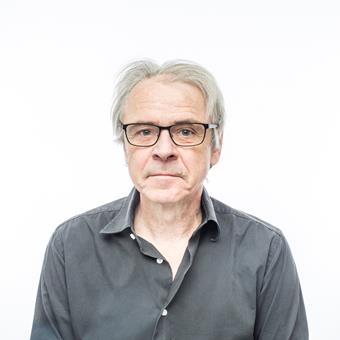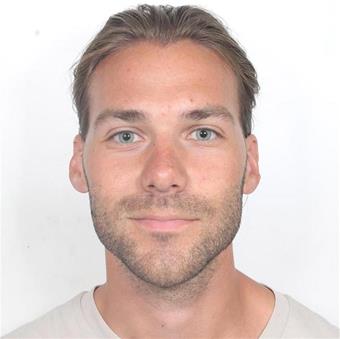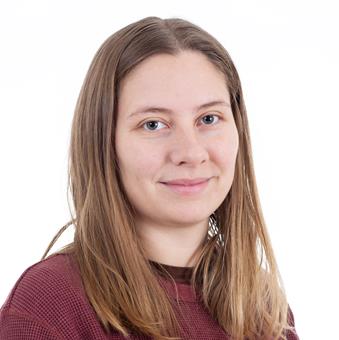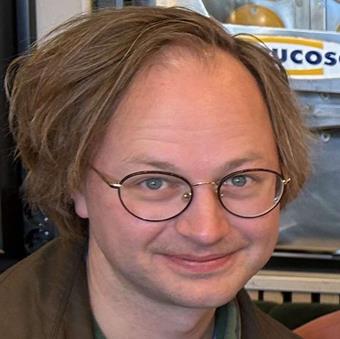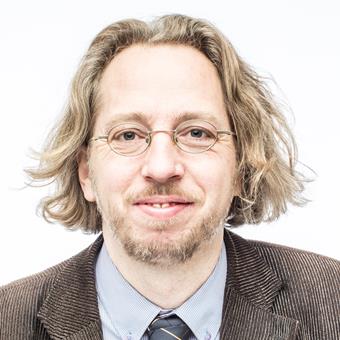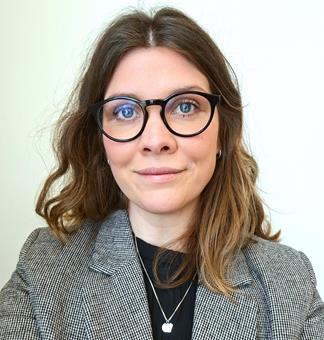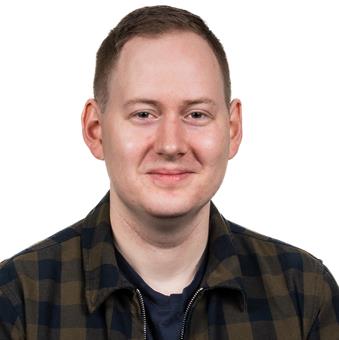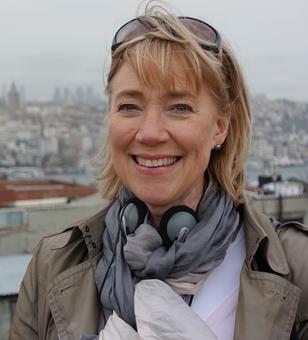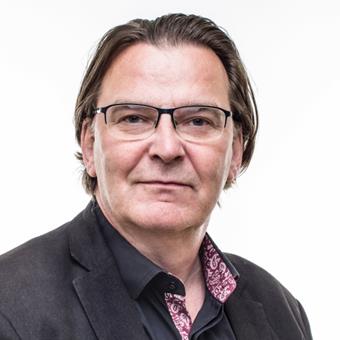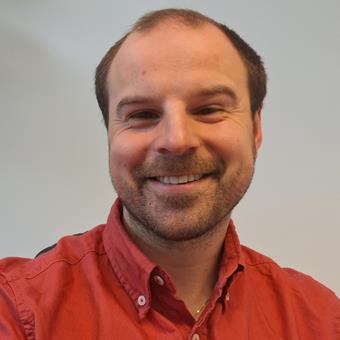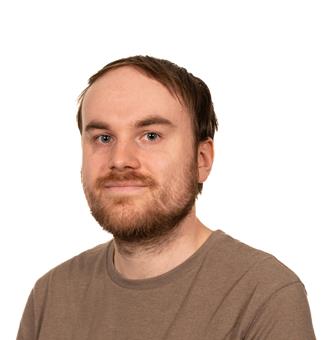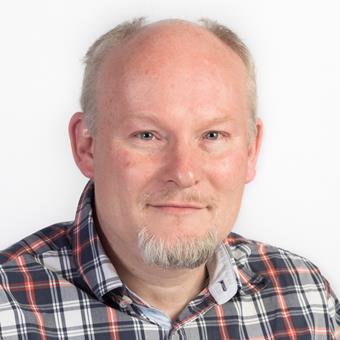We come from a variety of academic disciplines within the humanities and theology, mainly history, art history, and religious studies, but also subject specific education and didactics. In our teaching and research, we bring together different perspectives that enrich a holistic understanding of human beings, their values, behaviour, artistic expressions, and ideas, but also of processes in our history and present that have influenced or still influence individuals, groups, and nations. Our interests therefore also include reception history, cultural heritage studies, and the uses of history.
Division of History, Arts and Religious Studies (HKR)
What unites us in our division is an interest in people as creators of meaning. This means that we focus on how people think and act, how these thoughts are conveyed in texts, images, and artefacts in the past and the present, how they are understood and used in different contexts, and how they are expressed in human actions, cultures, and politics.
Research
HKR covers three different subjects.
In terms of research, the Division is home to the Research Environment for Historical Studies. This research environment runs its own higher seminar.
Several of our researchers at the department are also involved in the Research Environment for Didactics in the Social Sciences (DISA). Our division is also home to the Centre for Local History.
Collaborations
Collaborations and partnerships
In teaching, we cooperate with, among others, the teacher training programme, the Bachelor’s Programme in Graphic Design and Communication (GDK), and the Bachelor’s Programme in Communication, Society, Media Production (KSM). Within our doctoral programme, we work closely with Culture and Society (Tema Q) at the Division of Culture, Society, Design and Media (KSFM) in Norrköping, with whom we have a joint supervisory committee. Examples of other units and departments with whom we collaborate are the Department of Computer and Information Science (Cognitive Science) and the Department of Management and Engineering (History of European Identity).
Our national networks include, relating to our doctoral programme, a cooperation with the subject of history at Karlstad University and the National Graduate School of Historical Studies. We also collaborate within the Erasmus program with several foreign universities for student and teacher exchanges.
Finally, we collaborate in various ways with a wide range of institutions and organizations in the surrounding community and beyond, such as the Östergötland Museum, Linköping City Archives, the Air Force Museum, Nationalmuseum, and primary schools in the region.
Education
History, Art History or Religious Studies at LiU
Our division covers three different subjects: History, Art History, and Religious Studies. Within these three subjects, we offer separate courses, but we also cooperate with and offer courses within other educational programmes at LiU.
Courses are taught in Swedish and English.


